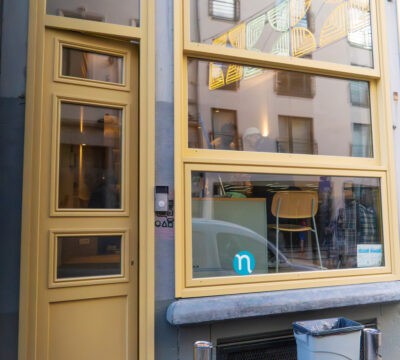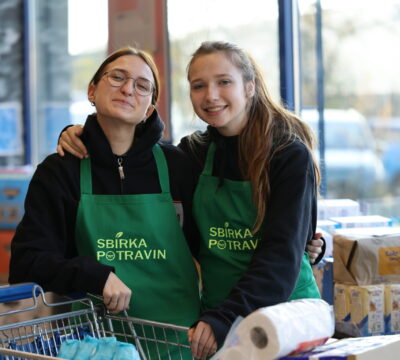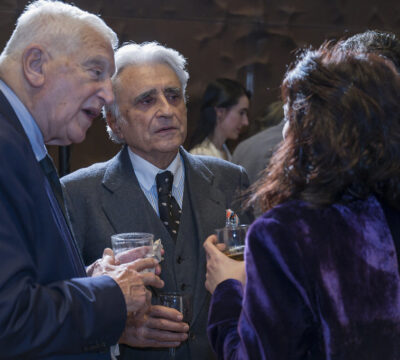As part of FEBA’s peer-to-peer program, representatives of the Hungarian Food Bank Association recently visited Banco Alimentar Contra a Fome and its long-standing partner ENTRAJUDA in Portugal. The Hungarian Food Bank has just started to develop its non-food banking activities, aiming to channel surplus non-food products to people in need.
With more than 20 years of experience in non-food redistribution, handling large quantities and a very wide range of products, ENTRAJUDA was able to share invaluable insights. The Hungarian team gained concrete tips, ideas, and practical know-how on how to organise processes, cooperate with companies, and manage logistics, which can be directly applied in Hungary. The delegation also visited the Portuguese Food Bank’s operations, where they collected further useful experiences.
Another instance of the program occurred in Bucharest, Romania where FEBA’s Fundraising & Grants Officer and the Bulgarian Food Bank visited Federația Băncilor pentru Alimente din România to learn more about the hosts’ Delegated Distribution model, BringTheFood. This virtual food banking model has revolutionised how the Romanian Federation works with food donors, streamlining food collection processes and unlocking surplus previously unavailable due to questions of scale, frequency and cost. The visit, in showcasing the positive impact of the tool on food donations and sharing learnings acquired through its implementation, speaks to the value of peer-to-peer programs for innovation across the membership.
This visit was one of the pilot exchanges in FEBA’s peer-to-peer program and proved to be very successful. Based on the positive pilot feedback, FEBA intends to continue the peer-to-peer scheme next year as a powerful tool for members to learn from each other, share good practices, and adapt successful models to their own national context.


